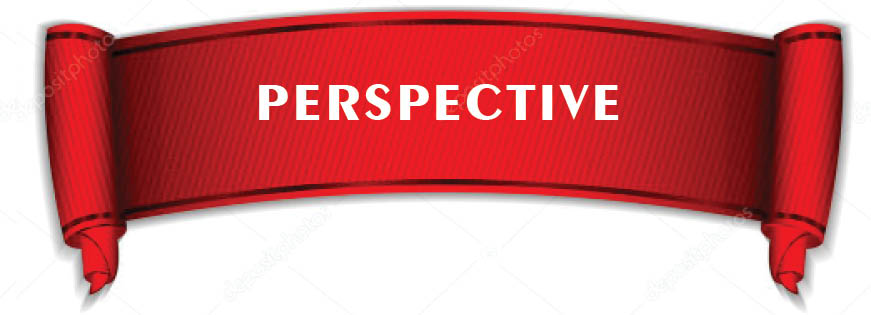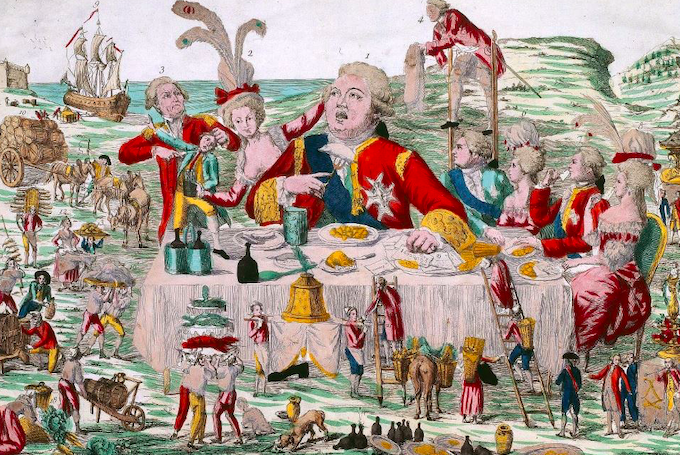The French Parliament has overwhelmingly approved a bill that will strengthen oversight of mosques, schools and sports clubs to safeguard France from radical Islamists with the aim of promoting respect for French values — one of President Emmanuel Macron’s landmark projects.
The wide-ranging bill called "Supporting Respect for the Principles of the Republic" covers most aspects of French life. However, it’s been hotly contested by Muslims, lawmakers, and others who fear the state is intruding on essential religious freedoms by pointing a finger at Islam, the nation’s No. 2 religion.
The bill gained added urgency after a teacher was beheaded outside Paris in October 2020. Referring to Samuel Paty — the teacher who was killed outside his school after information about where he taught was posted online in a video — the new law makes it a crime to knowingly endanger the life of a person by providing details of their private life and location.
The bill further asserts itself into the republic’s religions, notably that of Islam, giving the French parliament vast oversight over foreign interference and influence of the nation’s mosques. The bill mentions neither Muslims nor Islam by name. Yet supporters say it is aimed at silencing a fundamentalism that’s subverting French values. To accommodate changes, the bill adjusts France’s law guaranteeing separation of church and state.Liberté, Egalité, Fraternité
The French Republic was founded in 1792 during the French Revolution, and its five incarnations have all been characterized by a single catchphrase. "Liberty, Equality and Fraternity" ensure that power will be put into the hands of the people — rather than a ruler or a religion — and ensure their right to freedom.
Though its widely held that the excess and extravagance of the French King Louis XVI, and his queen, Marie Antionette, led to the French Revolution, it was more practically a series of interlinking factors including economic recession, social disruption and a rampant plague called Tuberculosis that was leaving the nation unemployed, impoverished and dead. In her biography “Modern France” historian Vanessa Schwartz observes “the atmosphere during the French Revolution must’ve been eerily similar to the day and time of COVID.”
Though an Absolute Monarch held supreme autocratic authority — not restricted by written laws, legislatures or customs — their power was historically checked by Noble Families; the foremost economic producers in society and the first to create and influence the country’s wealth. In order to assert control over the nobility, Louis XIV cleverly ordered them to lodge at his extravagant Palace of Versailles for one month every year where he was able to influence them with elaborate court rituals and a complex code of etiquette. Here the latest finery, foods, art and culture were all on display, and ultimately germinated into France’s leading industry’s in fashion, culture, art and cuisine. In fact, the noble’s embrace of the erroneous codes of conduct at Versailles was creating new economic markets throughout France.
If the Bourgeoisie (middle class) came to be synonymous with materialistic values and conventional attitudes, it was the Proletariats (working class) that took issue with a monarch and a handful of nobles ultimately hoarding the nation’s wealth. In fact, one-third of France’s 26 million people were out of work by 1792 as France was emerging from a feudal to an economy-based society. A new republic would require distributing wealth to all their people, and the creation of new wealth would require a new marketplace.The French Renaissance
The French Republic was driven by the transfer of power from an absolute monarch to the people, a dynamic growth in population, and by developments in agriculture and industry. If Louis XIV's glory was irrevocably linked to two great projects — military conquest and the building of Versailles — the new republic was cashing in as the world’s largest exporter. Trade between France and her Caribbean colonies (Saint-Domingue, Guadeloupe, and Martinique) dominated the world’s coffee, sugar and cotton trades all of which were being redistributed around the world with a French twist. From cappuccinos to croissants, luxury skincare and color, and of course architecture, art, and haute couture the world now referred to the most visited city in the world for its renowned export — style.
France may be the 7th largest economy in the world today, but their PPP (Purchasing Power Parity) ranks much further behind at #23. In fact, France’s goods and services, divided by their population, means that most of their 67 million people live modestly while the wealth remains in the hands of a very few. What remains is their revolutionary zeal and the distinction of being amongst the first nations to form a republic in the modern era. Power — in the hands of the people — implies that as the people change, representatives are in place to accommodate that change. In a republic, a nation’s culture resides in the hearts and soul of its people.
The French Revolution presented the world with three powerful ideas — liberty, equality and fraternity — but of these ideas none are complete in and of themselves. They find their inspiration when they arrive sequentially, one after the other, in a solemn single file. Though Paris continues to dominate the world of fashion today, politics is really the first of the arts and the last of the trades. As the last king of France to put style over substance can attest.
Sunday Morning / February 21, 2021







